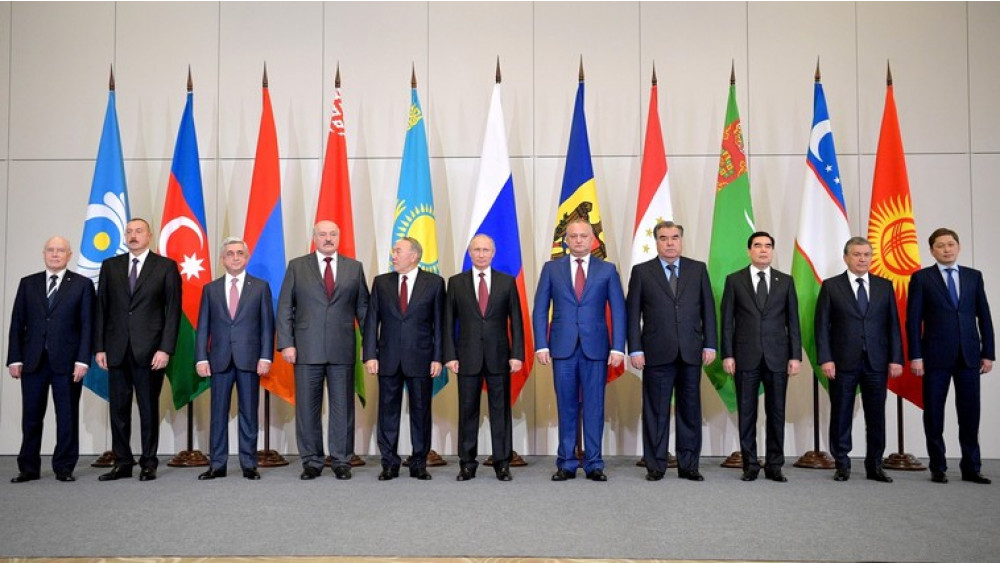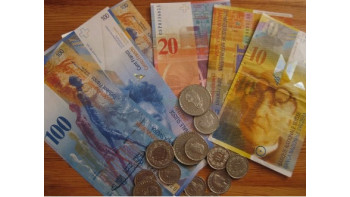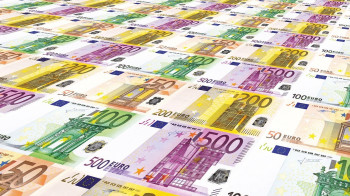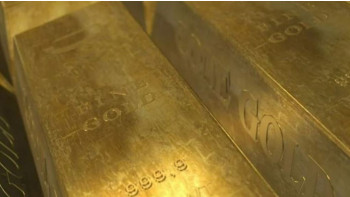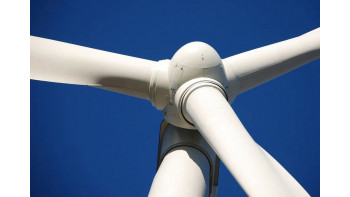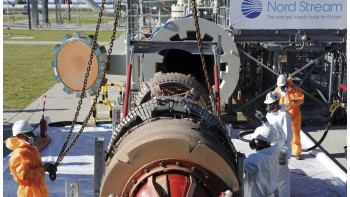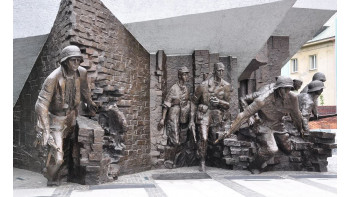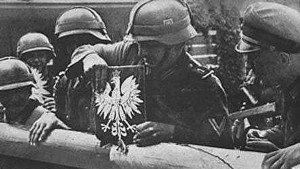Despite all efforts, Russia’s appeal was turned down, which in fact is a rather justified move on the part of the West, because the sanctions in question had been imposed over the Kremlin’s aggression, which Moscow doesn’t intend to cease no matter what, even amid the deadly pandemic. Moreover, none of the economic restrictions in any way hindered the supplies of humanitarian cargo, medical essentials or food. Therefore, Moscow’s weak arguments didn’t hold water.
In this regard, it’s no surprise that even a statement of support voiced by UN chief António Guterres was of no help to Russia.
The failure led the Kremlin to changing the tactic of exerting pressure on Western powers, which of course doesn’t mean Moscow ever abandoned its unreasonable demands. So now it appears they’re planning to act through the platform of the Commonwealth of Independent States (CIS) – the structure Moscow pretty much fully controls.
Diplomatic sources in one of the CIS member states say Moscow proposed to release a joint statement by CIS heads of government as regards the spread of the novel coronavirus.
Russian foreign minister Sergei Lavrov at a recent presser stated that the efforts to tackle the COVID-19 will be on top agenda of the CIS prime ministers’ meeting on May 29, which further confirms the information received about the draft being finalized.
Leaving aside the general rhetoric about the global threats the COVID-19 pandemic has brought, it’s the closing lines of the draft statement that are worth noting as it seems they are key to the very idea of signing it. The statement will urge all countries to abandon trade wars, unilateral sanctions introduced bypassing the UNSC, and other measures of economic pressure or coercion on the part of certain state actors against others. Signatories will reaffirm their intention to seek free, fair, non-discriminatory, transparent, predictable and stable conditions for trade and investment.
The scale of cynicism of those who drafted this is truly astounding though, for it is Russia that’s long been applying what’s called “energy diplomacy” in order to exert pressure on both the countries of the former Soviet bloc and the West. Besides, it was Moscow who stood behind unleashing most of the trade wars within the post-Soviet space, many of which are still ongoing. This directly testifies to the fact that the Kremlin itself isn’t going to step back from applying the “power of the strong” wherever it’s possible.
Most likely, the CIS prime ministers’ meeting on May 29, announced by Sergei Lavrov will see the statement being signed by all participants as they are unlikely to snub Russia’s request (read ‘instruction’). Incidentally, this will also be a pretty vivid example of Russia putting pressure on the post-Soviet countries – the kind of pressure Moscow will never hesitate to apply, regardless of the global COVID-19 developments.
The situation is all the more interesting because Russia stubbornly refuses to admit the obvious: sanctions were imposed for their aggression against Ukraine, the downed flight MH17, their support for the Assad regime in Syria, Russian meddling in U.S. elections, and the Salisbury poisoning.
Moreover, their list of reasons to impose even more sanctions is much longer than the already obvious international crimes the Kremlin had committed. This includes a foiled coup in Montenegro where Russian intelligence was widely implicated, support for separatism in Catalonia and Scotland, multiple cyberattacks on various European institutions, and so on.
Perhaps this is precisely what provoked the Kremlin to try and push the West toward sanction lifting. Moscow’s miscalculation, however, possibly lies in confusing tolerance with weakness.
Well, perhaps, if Russia really wants to have their sanction burden eased, it would be enough for them to simply fulfill the relevant demands rather than manipulate the global pandemic issue to achieve their goals.

